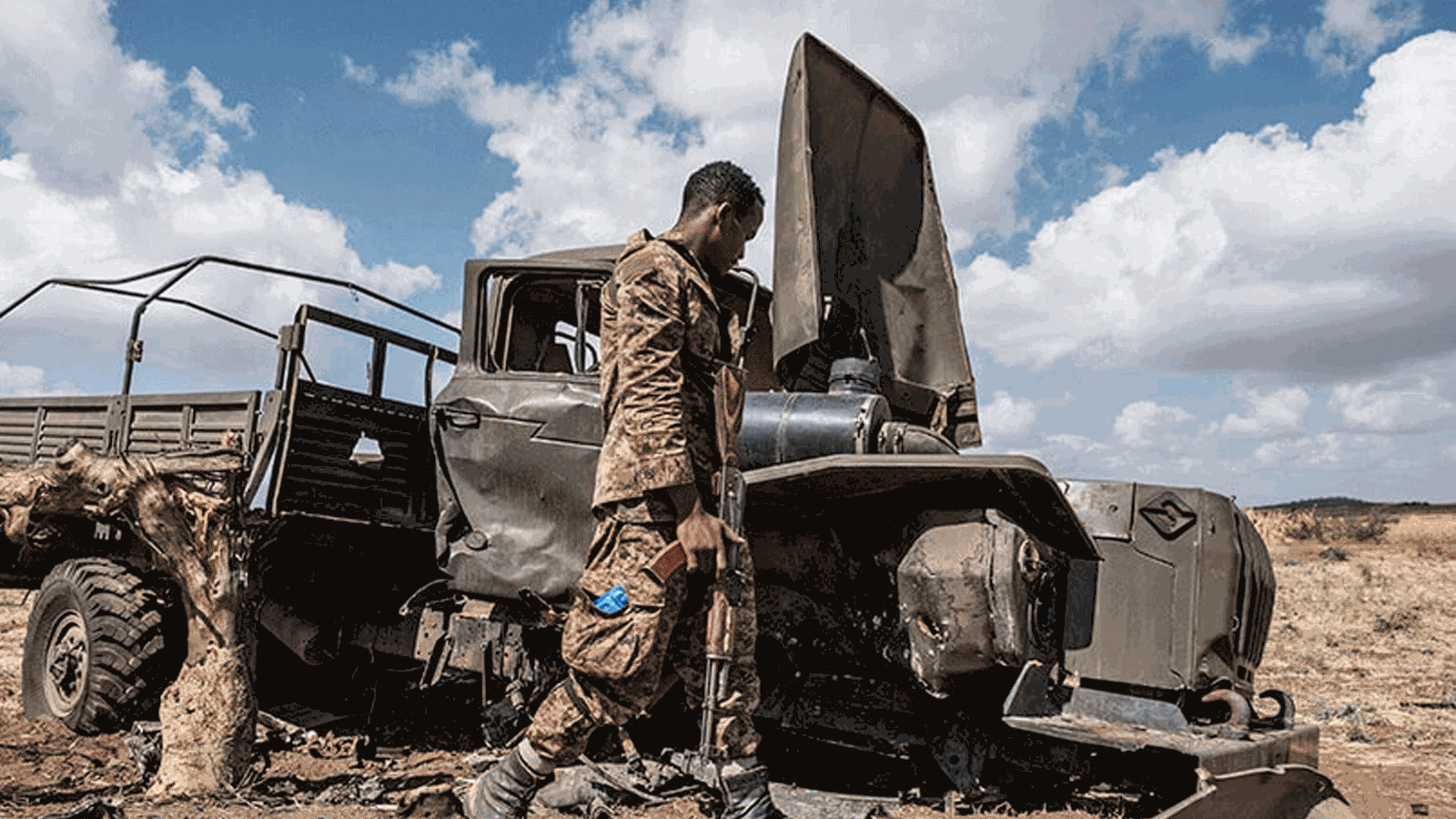Ethiopia Announces Terms For Possible Talks With Tigray Rebels
The Ethiopian authorities set conditions for accepting talks with the Tigray People's Liberation Front, whose forces continue to advance towards the capital, Addis Ababa.
-

Ethiopia calls on TPLF to withdraw from the Afar and Amhara regions bordering Tigray
Ethiopia announced on Thursday its terms for possible talks with the Tigray rebels, after days of intense diplomatic efforts by international envoys to avoid a new escalation in the conflict.
Foreign Ministry spokesman Dina Mufti told reporters that one of the conditions for possible talks -- which he stressed have not been agreed to -- would be for the TPLF to withdraw from the Amhara and Afar regions bordering Tigray.
"To reach a peaceful solution, the following conditions should be met: first, stop your attacks. Second, leave the areas you have entered. Third, recognize the legitimacy of this government," Mufti said, addressing the TPLF.
For his part, TPLF spokesman Getachew Reda told AFP that pulling out from Amhara and Afar before talks begin is "an absolute non-starter."
On Wednesday, US Secretary of State Antony Blinken expressed his hope that the diplomatic efforts made by the African Union's special envoy for the region, Olusegun Obasanjo, will lead to an outcome that puts an end to the war in Ethiopia.
In recent days, the Tigray rebels approached the capital, Addis Ababa, and joined other armed groups, led by the Oromo Liberation Army, while the UN warned that the division of Ethiopia has become an imminent danger.
The conflict initially flared up between the federal government and the TPLF, which has dominated political life in the country for decades, when Addis Ababa accused it of attacking army positions in the north last year and launched an extensive military campaign with the support of the Eritrean army.
The campaign has triggered international criticism over the violations, as it is estimated to have killed thousands, displaced millions, and caused a widespread humanitarian crisis, especially with the disruption of international aid access.
This summer, Addis Ababa quickly declared victory in the war after entering the Tigray capital, Mekele, following weeks of a campaign that saw restrictions such as disconnecting internet services and blocking access to journalists. After months of relative calm, things turned around in the northern part of the country this summer.
The front launched a counterattack in which it was able to capture Mekele and other vital sites, before expanding the scope of its attack to other places outside the region and forming military alliances targeting the central government.

 3 Min Read
3 Min Read








